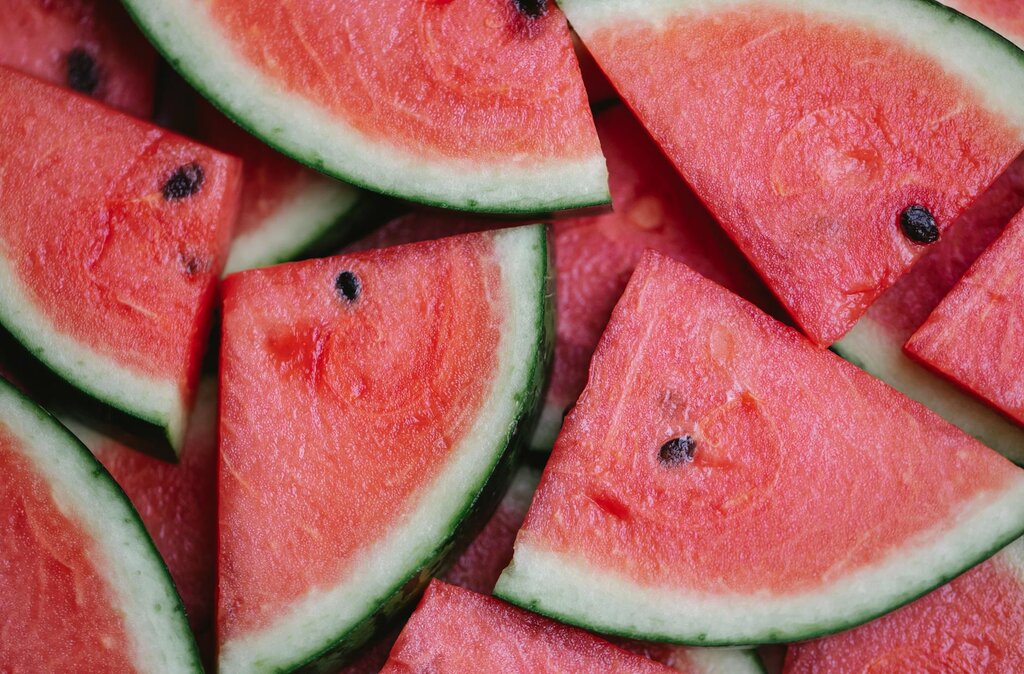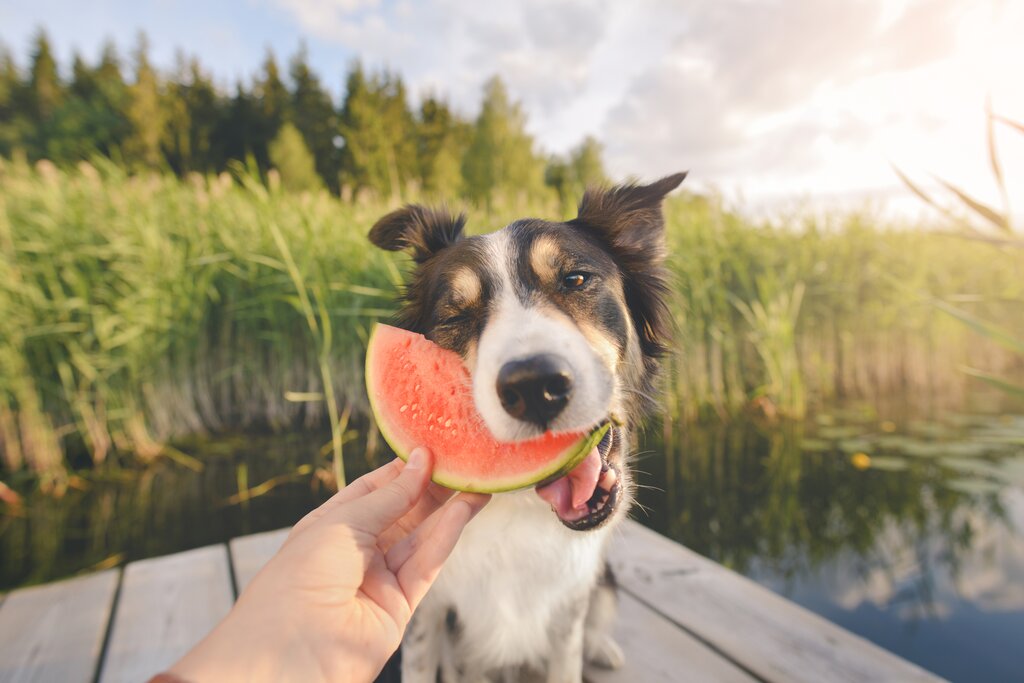Watermelon can be given to your dog in a number of ways. You can cut it into slices with the rind removed, you can freeze it and give as a natural popsicle on a hot day, or you can blend it into a puree.
Can all breeds of dogs eat watermelon?
Yes, all breeds of dogs can eat watermelon, but it must be given properly and in moderation. Watermelon is a hydrating, vitamin-rich treat, suitable on a hot day. However, always remove the rind and most of the seeds as they can cause digestive issues or blockages (a few watermelon seeds are ok). Introduce any new food gradually and observe for any adverse reactions. Always remember, treats like watermelon should not exceed 10% of your dog's daily caloric intake, and a balanced dog food should form the majority of their diet.
Are there any health risks associated with feeding dogs too much watermelon?
Feeding dogs too much watermelon can lead to diarrhoea. Consuming the rind or excessive numbers of seeds can result in serious gastrointestinal blockage, and the fruit's high sugar content could affect blood sugar levels, especially in diabetic dogs. Furthermore, even though watermelon is low in calories, overconsumption can contribute to weight gain and related health issues. Always serve watermelon in moderation and consult your vet if you notice any unusual symptoms after your dog eats it.
Are there any precautions that need to be taken when feeding watermelon to dogs with certain health conditions?
Yes, there are certain health conditions that might warrant precautions when feeding watermelon to dogs:
- Diabetes: While the sugars in watermelon are natural, they can still affect blood sugar levels in dogs. If your dog is diabetic, you should consult with your vet before giving them watermelon.
- Digestive problems: If your dog has a sensitive stomach or chronic gastrointestinal issues, introducing new foods can sometimes cause upset. Always introduce new foods slowly and monitor for any signs of discomfort or changes in stool.
- Obesity: While watermelon is low in calories, it should still be considered a treat. For overweight or obese dogs, any additional calories should be carefully considered in the context of their overall diet.
In general, it's always best to consult with your veterinarian before introducing a new food into your dog's diet, particularly if they have a known health condition.



